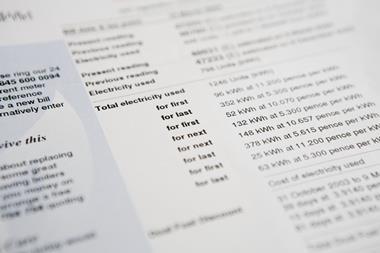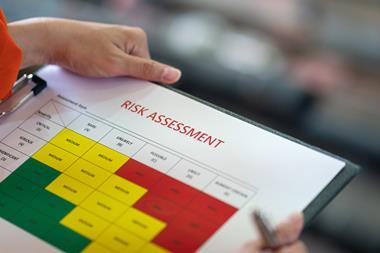Aren't village shops also a Good Cause?
2014-05-23T00:00:00
This semi-regular Camelot slot shares the spotlight glare with the Post Office this time…
ALREADY HAVE A REGISTERED USER ACCOUNT? PLEASE LOG IN HERE
To read the full story join the ConvenienceStore.co.uk community today!
Registration is quick and easy and provides access to:
- Unlimited ConvenienceStore.co.uk articles
- Our great range of newsletters
- Content you’ve saved for later via the ‘my library’ feature
And much more…
More from Dear Jac
Unlimited Access + Newsletters
Register today to gain unlimited access to articles and to receive our great range of email newsletters.































